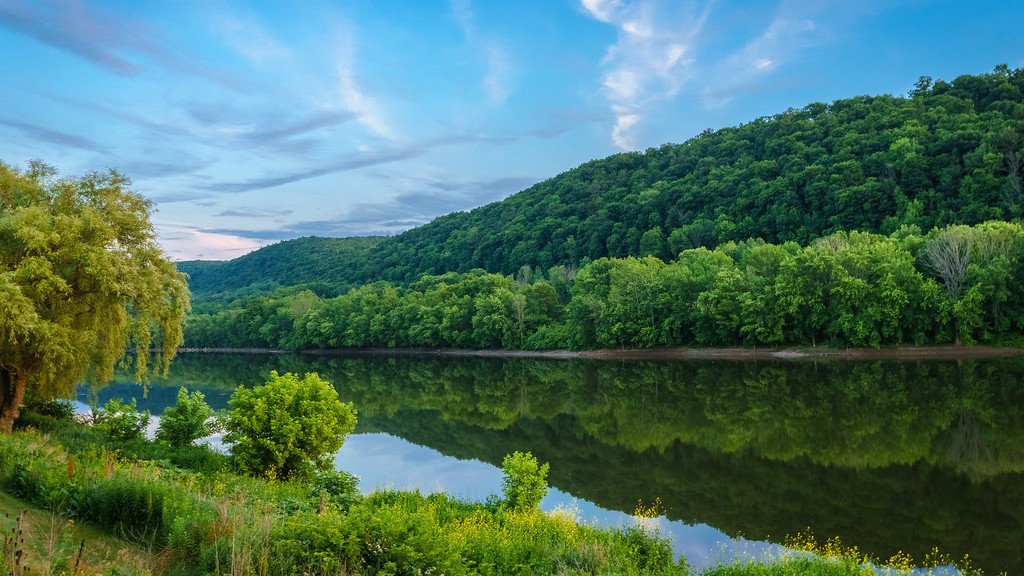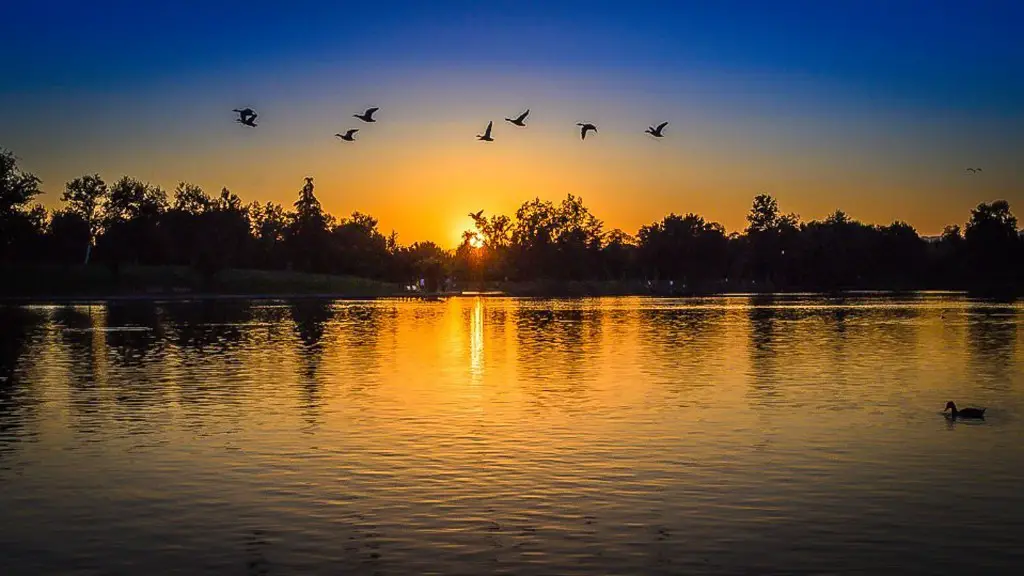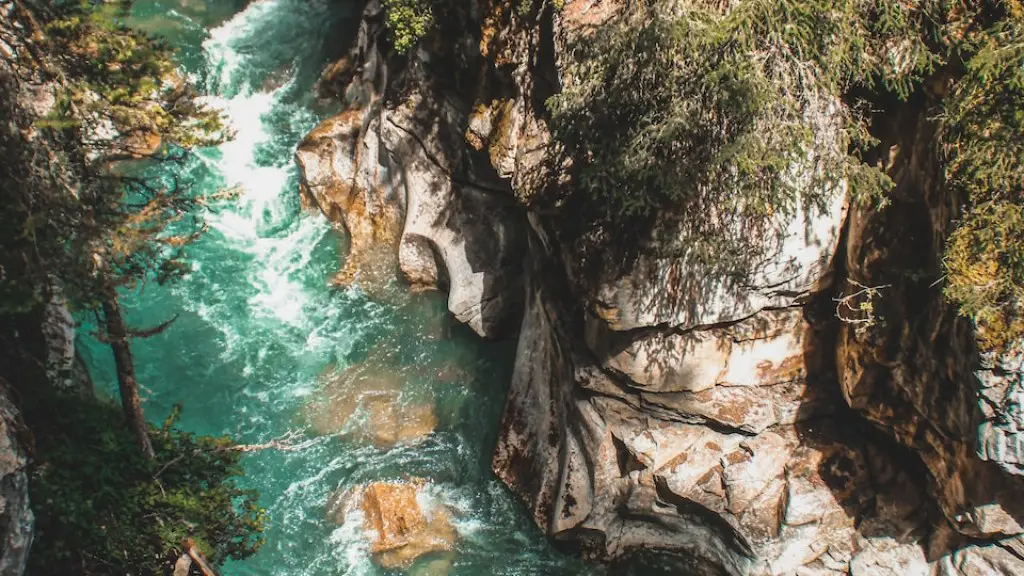The Ganges River is one of the holiest rivers in Hinduism and is also a major source of water for close to 500 million people who live along its banks. In addition to being a significant source of water for irrigation, drinking, and domestic use, the Ganges River is also important for trade and transportation.
The Ganges River plays a crucial role in the daily life of Hindus in India. The river is considered holy, and is a major source of water for irrigation, drinking, and washing. Hindus believe that bathing in the Ganges River will cleanse them of their sins and help them to attain moksha, or liberation from the cycle of rebirth. The river is also a popular spot for pilgrimage, and many Hindus travel to its banks to perform religious rituals and to dip in its waters.
What is the Ganges and why is it important?
The Ganges is one of the most important rivers in Asia, both for its ecological importance and for the religious significance it holds for Hindus. The river is considered holy by Hindus and is a major site of pilgrimage. Every year, millions of Hindus travel to the Ganges to bathe in its waters, which are believed to cleanse them of sin. The river is also an important source of water for millions of people who live in its basin.
The Ganges is considered a holy river by Hindus and is thought to be able to cleanse the soul of those who have died. As such, many Hindus believe that if their bodies are cremated and their ashes are scattered in the Ganges, their souls will be freed from the cycle of reincarnation.
How does the Ganges River contribute to the economy
The system of irrigation canals in the Ganges valley has greatly increased the production of cash crops such as sugarcane, cotton, and oilseeds. The older canals are mainly in the Ganges-Yamuna Doab, which is a very fertile area. The canals have made it possible to cultivate a wider variety of crops, and have also made it easier to transport crops to market.
The scientific reason for why the water of the river Ganga is clean is because it contains bacteriophages. Bacteriophages are viruses that eat bacteria and prevent bacterial growth. Therefore, the bacteriophages in the water of the river Ganga help to keep the water clean by preventing the growth of bacteria.
Why is the river Ganges important in Hinduism?
The river is very important in Hinduism, as they see the river as a goddess. Hindu’s believe that bathing in the river helps to cleanse the soul, and that people are baptised in the river. The ashes of people who have died are also poured into the river.
The Ganges River is one of the most important rivers in India. It is used for more than agricultural purposes. Some of its other uses include fresh drinking water, fishing, and bathing. The river provides fresh water to the 400 million who live in its basin.
What will happen if Ganga dries up?
The findings of the study conducted by the IIT, Kharagpur, have worrying implications for the future of the Ganga river. If the trend of decreasing groundwater contribution to the river continues, it could lead to a disastrous impact on the riverine ecology and lead to food scarcity for 115 million people in the Ganga basin. The study highlights the need for urgent measures to be taken to protect the river and its ecosystem.
The Ganges is one of the most sacred rivers in Hinduism, and bathing in its waters is believed to absolve people of their sins. The river has many tributaries, spanning Tibet, Nepal, India, and Bangladesh. It is a vital water source for 400 million people.
What would India have been without the Ganges
Ganga is the soul of Indian civilization. It is the source of life and livelihood for millions of people living in the Indo-Gangetic plains. The river has been an integral part of Indian culture and heritage for millennia.
The river Ganga is worshipped as a goddess by the Hindus. She is considered to be the daughter of Lord Shiva and is one of the most sacred rivers in Hinduism. The river is also believed to have purifying powers and is considered to be holy. Millions of people take a dip in the river every year on special occasions like festivals and pilgrimage.
The river Ganga is also the economic lifeline of the country. It is used for transport, irrigation and other purposes. The river basin is home to some of the largest cities in India like Kolkata, Kanpur, Allahabad, etc.
The river Ganga is one of the most important rivers in the world and is the lifeline of Indian civilization.
The Ganges river has a huge potential for hydroelectric power, with estimates ranging from 51,700 to 128,700 megawatts. Most of this potential is in Nepal, with a smaller amount in India. harnessing this power could provide a major boost to both countries’ economies, as well as help to meet their growing energy needs.
Which is the most cleanest river in the world?
The Umngot river is located in the state of Meghalaya, about 100km from Shilong. It is one of the cleanest rivers in the world, with crystal clear water that you can see the pebbles and stones under the water clearly visible.
The water quality of river Ganga is not suitable for drinking, as per the report submitted by the State Pollution Control Board. However, the water is fit for bathing purpose.
How many babies did Ganga drown
Shantanu was a king who married a beautiful woman named Ganga. They had a son together, but Ganga drowned the child. Shantanu could not ask her the reason, because of his promise, lest she would leave him. One by one, seven sons were born and drowned by Ganga.
The Ganges river is one of the most sacred rivers in India and is also one of the most polluted. However, recent reports indicate that the river has been cleaned to a never-before standard. This is due to the intensive cleaning of the Ganges basin, which has resulted in improved water quality.
Why doesn’t the water of Ganga get dirty?
River Ganga is one of the most sacred rivers in India. Millions of Hindus bathe in the river every year, believing that it will cleanse them of their sins. Now, there may be a scientific reason behind this ancient practice.
Recent research has shown that the water of river Ganga is naturally rich in bacteriophages, which are viruses that infect and kill bacteria. This means that the water is naturally disinfected and doesn’t allow bacterial growth.
So, next time you take a dip in the river Ganga, you can be reassured that you’re not only cleansing your soul, but your body as well!
The Ganges basin is one of the most heavily polluted regions on the planet. The untreated sewage and industrial waste dumped into the river, the agricultural runoff, the remnants of partially burned or unburned bodies from funeral pyres, and the animal carcasses all contribute to the pollution of the Ganges. This pollution has led to a decline in the river’s water quality and has created a health hazard for the people who live along its banks and rely on the river for their water supply.
Why is Ganga considered sacred
The Ganges is a sacred river to Hindus and is worshipped as a goddess. It is believed that the river has the power to cleanse the sins of the faithful and aid the dead on their path towards heaven. The river is also a lifeline to millions of people who live along its banks and rely on it for their daily needs.
The Ganges is one of the most important waterways in India, and billions of people rely on it for their daily needs. However, the river is facing a serious threat: lack of water. Every day, plastic and industrial effluent pollution poison the river, and 260 million gallons of untreated sewage are dumped into the water. This has created a serious health hazard for those who rely on the Ganges for their drinking, bathing, and cooking needs. The Indian government has taken steps to try to clean up the river, but the problem is only getting worse. If something isn’t done soon, the Ganges could become completely unusable, and the millions of people who rely on it will be in serious trouble.
Final Words
The Ganges River plays an important role in Hinduism and is considered to be a sacred river. Hindus believe that the river is a goddess and that it has the power to cleanse people of their sins. Many Hindus bathe in the river or drink its water as a way to purify themselves. The river is also an important part of Hindu ceremonies and rituals.
The Ganges River is one of the most important rivers in the world. It is a major source of water for millions of people in India and Pakistan. The river is also an important source of food and transportation.





